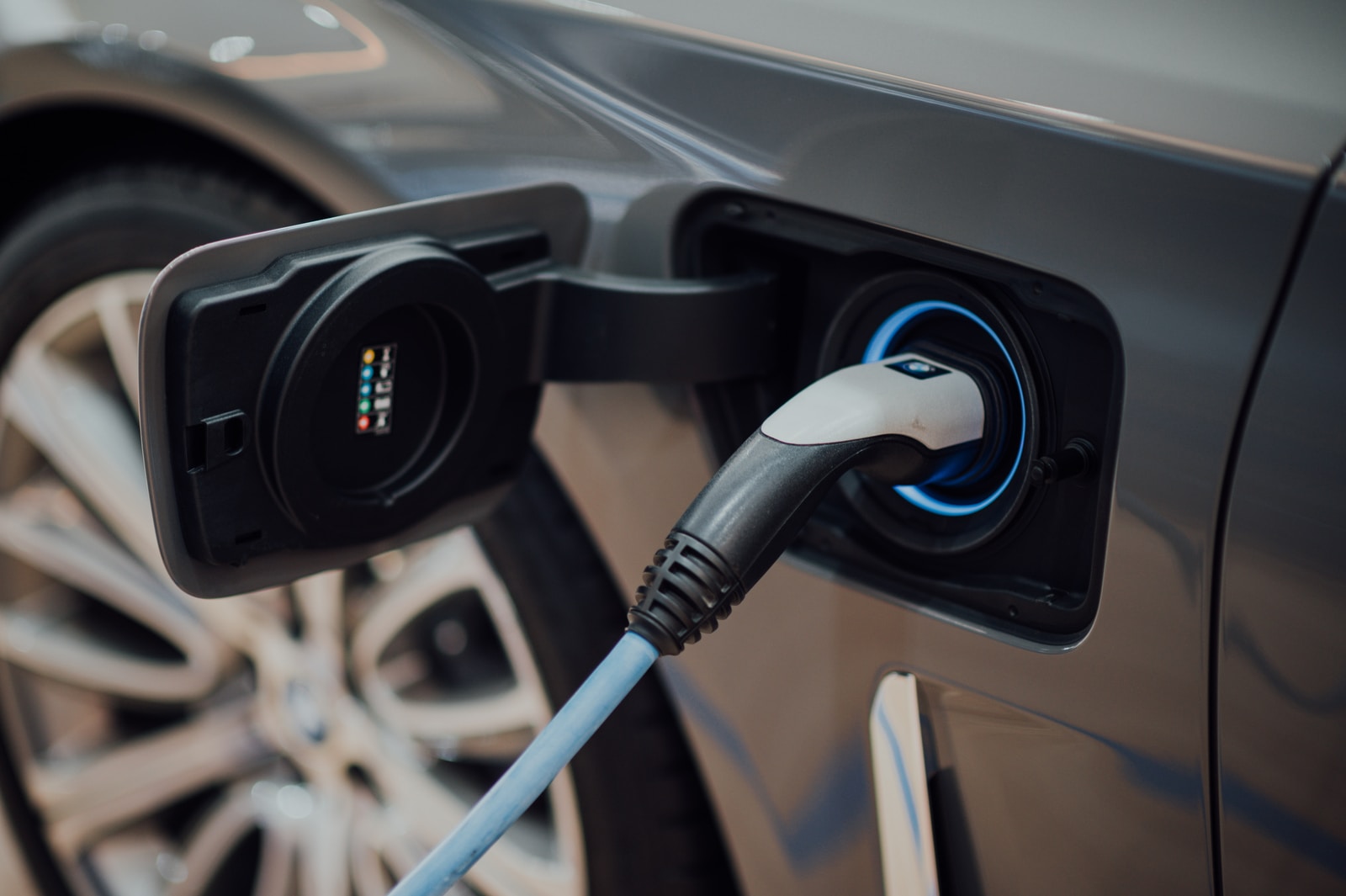Switching to an electric vehicle (EV) is a greener alternative to gas or diesel. Even when charged “on the grid,” electric vehicles emit fewer pollutants than gas-powered cars. And if you charge your EV with electricity from renewable sources, it creates zero emissions – both when the car is running and when power is being generated.
STAY INFORMED
The average cost to operate an electric vehicle is $485 per year compared to $1,117 for a gas-powered vehicle.*
Choose an electric car
Today, there are more than 40 electric vehicle models to choose from. Plug Star by Plug in America is a great place to search models and compare options.
If you need help choosing the right EV for your lifestyle, The Sierra Club offers an electric vehicle quiz to help you find just the right fit.
Incentives to purchase an electric vehicle
Good news: Electric vehicle incentives are available at both the state and federal levels.
For Connecticut residents who buy or lease an eligible electric vehicle, incentives up to $7500 are available through The Connecticut Hydrogen and Electric Automobile Purchase Rebate (CHEAPR). Also, battery electric vehicles do not produce emissions and are exempt from emissions testing in Connecticut.
Federal tax credits are also available for all-electric and plug-in hybrid cars purchased in 2010 or later. The credit amount varies based on battery capacity.
Find an EV Charging Station in Westport
Most EV owners charge their cars at home and find it convenient to plug in and wake up to “a full tank” in the morning, never having to visit a gas station.
Currently, the Town of Westport has several public charging locations.
Public EV Charging Stations: Starting, 3/11/2024, the Town of Westport will begin charging for Electric Vehicle parking. The following parking spaces will be 35 cents per kwh for the first three (3) hours. After a 15-minute grace period, users will be charged an idling fee of ten ($10) dollars per hour. This is intended to discourage individuals from occupying charging spaces beyond 3 hours.
- (2) Westport Town Hall, 110 Myrtle Ave
- (2) Westport Library Upper Parking Lot, 20 Jesup Road
- (12) Baldwin Parking Lot, Elm Street
- (1) Center for Senior Activities (CSA), 21 Imperial Avenue
- (2) Westport Fire Headquarters, 515 Post Road E.
Railroad Station EV Charging Stations: Starting, 3/11/2024, the Town of Westport will implement a fee of 35 cents per kwh for charging EVs at the Railroad Stations. No idling fee will be assessed due to the nature of individuals utilizing the Charging Stations at the RR Stations for commuting and for holding a Railroad Parking Permit.
- (7) Saugatuck, Lot 1
- (6) Saugatuck, Lot 3
- (2) Greens Farms, Lot 1
- (1) Greens Farms, Lot 2
Find EV Charging Stations
And it’s about to get easier to find a place to charge up. Two Connecticut utility companies – Eversource and United Illuminating – have launched an incentive program to spur the installation of over 60,000 EV charging stations, both public and private, by the year 2030. The program offers rebates and electric bill credits for homeowners and businesses that install chargers.
Looking for an EV charging station outside of your local area? For those planning a road trip, there are several websites available to help you locate EV charging stations along your route. Check out A Better Routeplanner or PlugShare or download the PlugShare app from the Apple or Google Play Store.
Join other EV enthusiasts
Want to make an impact on adopting EV-friendly legislation? Participate in sustainability events? Or just want a local resource for buying an EV in Connecticut? Check out the EV Club of CT to stay current on EV news in Connecticut and connect with other EV owners.
TIP
The U.S Department of Energy has a tool to help you compare the environmental and cost impact of owning an electric vehicle versus a gas-powered one. Enter specific car models and even personalize fuel prices and driving habits.
Still having doubts about an EV?
The fossil fuel industry has a strong incentive to steer consumers away from electric vehicles. You may hear or read misleading information about the impact of EVs. The most common myths – the “But what about….” statements – are simply not true. For example, “But what about the fact that electric vehicles are worse for the climate than gasoline cars because of power plant emissions?” The fact is that the carbon footprint of an electric vehicle is typically smaller than that of a gasoline-powered vehicle, even when accounting for the electricity used for charging. The U.S. Environmental Protection Agency has a great list of the top electric vehicle myths and provides detailed facts in debunking each one.
